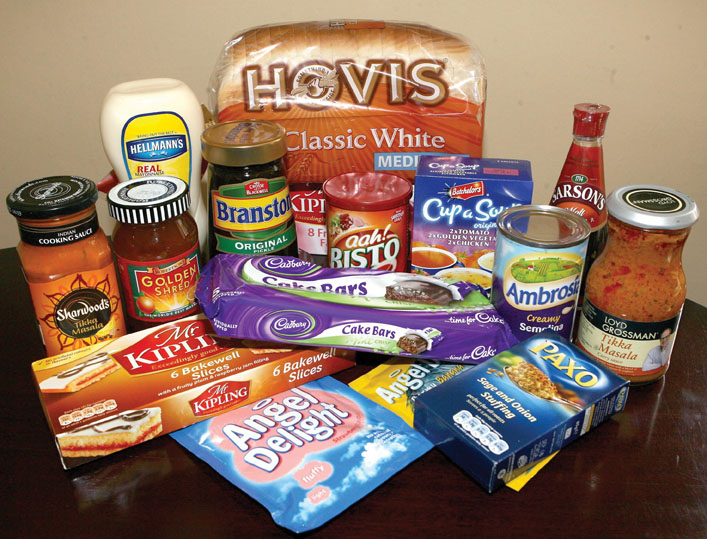Household Bills
Food sales accelerate as Covid-19 restrictions take hold

Take-home grocery sales rose 9.4% in the three months to 4 October as Brits headed back home to eat and drink as coronavirus cases increased.
Brits are taking their dining experiences back home as Covid-19 cases are on the up, greater opening and serving restrictions are implemented in the hospitality sector and due to the end of the government’s Eat Out to Help Out scheme.
Over the last four weeks, grocery sales increased 10.6% from September and alcohol sales were worth £261m to retailers this month compared to last as bars and pubs were forced to close at 10pm.
But the data from Kantar reveals only “limited evidence” that people stockpiled goods. In the seven days to Sunday 27 September, this was the busiest period since March with 107 million trips recorded.
However, this was nowhere near the 175 million seen just before the first national lockdown. But sales of toilet roll and flour accelerated 64% and 73% respectively during the week.
Kantar said that 37% of households bought toilet roll in that time compared to the typical 25% the week before “meaning increases were down to a greater number of buyers, rather than people packing trollies”.
Online sales were also up 76% in the year with one in five households ordering groceries via the web.
How the supermarkets have fared
Ocado has benefited from the trend, growing its 12-week sales by 41.9%. Ocado has increased the number of shoppers using its service in the latest period – the only retailer to do so – adding 22,000 customers.
Kantar said its new partnership with Marks & Spencer is no doubt “part of the appeal”. Since it started to sell M&S products on 1 September, two-thirds of Ocado shoppers have ordered Percy Pigs at some point, including an introductory period when the famous sweets were included free. Ocado’s share of the market rose this period by 0.4 percentage points to 1.8%.
Waitrose – although starting from a relatively low base – was once again the fastest growing retailer online this month. Waitrose also increased sales through its physical stores, with overall sales increasing 8.9%.
Lidl has been in double-digit growth since December, accelerating its rate in the past 12 weeks to 11.7%. Iceland, which is marking its 50th birthday in November, saw growth of 17.3%, taking its market share to 2.3%. Aldi recorded growth of 7.8%, and currently holds 8% of the market.
For Tesco, its new CEO Ken Murphy took over the reins in October and maintained its market share year-on-year for the second period in a row. It now holds a 26.9% slice of the market – backed by sales growth of 9.2%. Frozen, an early focus for the retailer’s Clubcard-only promotions, was the single fastest growing food category for Tesco.
Asda, which welcomed new owners this month, saw sales grow 5.4%, but its market share fell to 14.4%.
Morrisons also gained market share, up by 0.2 percentage points to 10.1% on the back of 11.5% growth. Sainsbury’s increased sales by 6.8% and posted a market share of 14.9%.
The “convenience” stores sector which also played a vital role to shoppers early in the pandemic, has seen annual growth rates fall back in line with the market. The single biggest operator, Co-op, held market share at 6.6%, with growth of 9.3%.